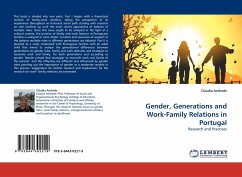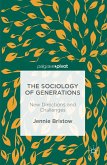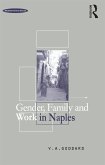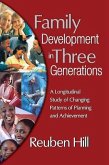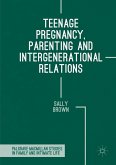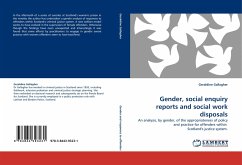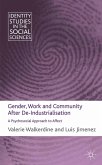This book is divided into two parts. Part I begins with a theoretical revision of family-work relations, taking the perspective of its importance throughout an historical social path starting with research on role conflicts up until the most recent approaches of balance of multiple roles. Since this issue ought to be analysed in the light of a cultural context, the practice of family and work balance in Portuguese families is analysed in more detail. Contexts and resources of support to the balance multiple roles in different generations are debated. Part II is devoted to a study conducted with Portuguese families with an adult child that aimed to analyse the generational differences between generations on gender roles, family and work attitudes and strategies to reconcile work and family, for both generations and according to gender. Results proved that strategies to reconcile work and family of the parents' and the offspring are different and influenced by gender roles pointingout the importance of gender as a moderate variable in this process. Suggestions for further research and implications for the research on work- family relations are presented.
Bitte wählen Sie Ihr Anliegen aus.
Rechnungen
Retourenschein anfordern
Bestellstatus
Storno

